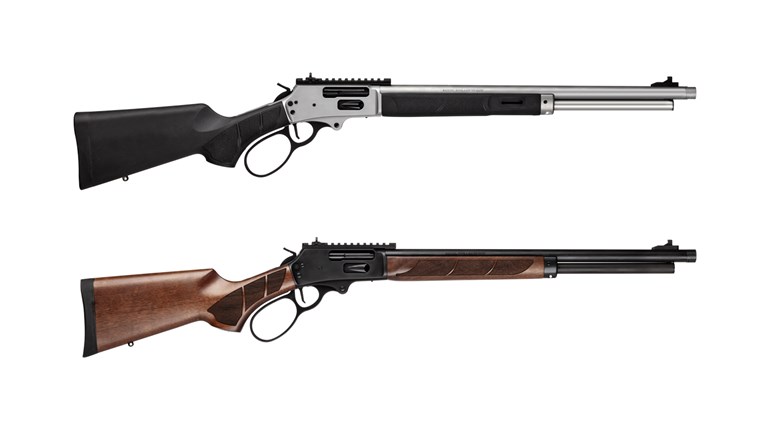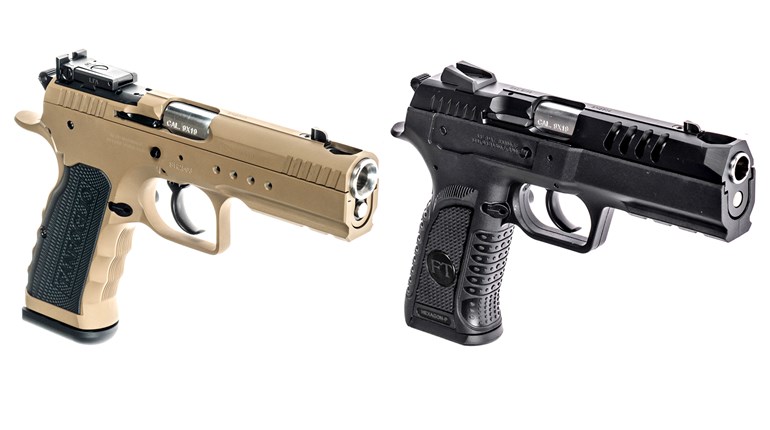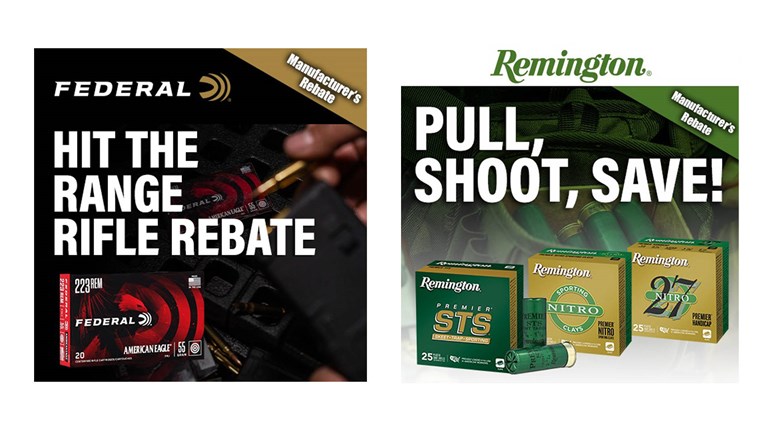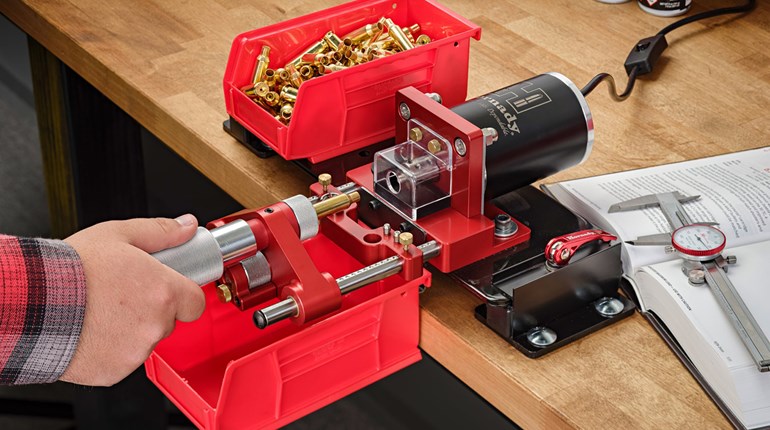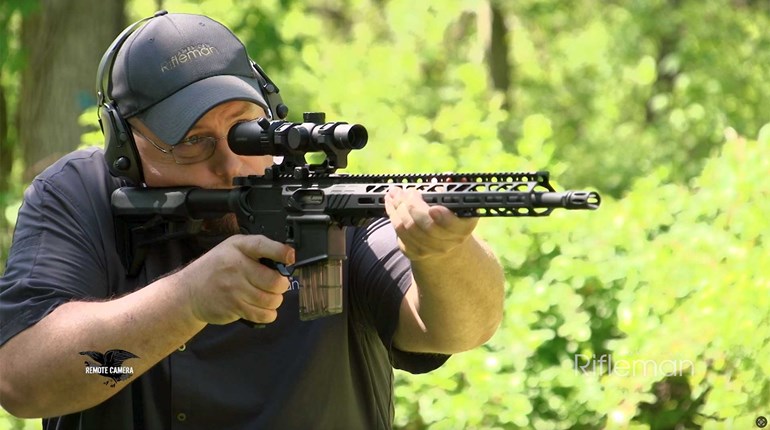
Taking a big-game rifle into the field without a sling is like showing up for a date without breath freshener. Sooner or later, you're going to wish you had it. A sling probably won't make you more attractive to the opposite sex, but it sure will make you more effective on your next hunt. Here's four that do the trick.
Proving its usefulness on M1903 Springfields, M1917 Enfields and M1 Garands during World War I and II, the U.S. standard-issue M1907 sling continued its service on the hunting rifles of American soldiers when they returned to their homeland. Though at least 10 other sling designs have since been adopted by the U.S. Armed Forces to fit the evolving firearms used in combat, the M1907 is the one shooters are talking about when they refer to a "military-style" sling. The Butler Creek Military Sling keeps the classic leather construction of the original M1907, along with the two, double-pronged brass hooks. Its two-piece design forms an adjustable loop that brings group-shrinking stability to offhand positions when tightened against the bicep of the support arm with the forward strap wrapped over the wrist. This sling is made for more than merely carrying your gun on your shoulder, and every hunter should learn how to use one. (800) 423-3537; www.butlercreek.com.
The trouble with wrapping up in a military-style sling is it takes time, and when you've got to shoot right now, you can't be fussing with loops, straps and hooks. A "hasty" sling position where you simply throw your support arm through the sling, pass it behind the front and bring your wrist through again will steady your aim much faster. However, the sling must be tight for the position to work—tighter than what is normally comfortable for shoulder carry. Solving that problem is the sliding nylon buckle on the IST Designs Outfitter Rapid Adjust Sling. It allows the sling to be tightened or loosened in seconds with one hand and locks in place to maintain the desired length. The 11/4-inch-wide sling is made from biothene, a PVC-encased nylon webbing that resists the elements, feels similar to leather and has little stretch. I put the sling in the freezer overnight and found the stuff remains flexible in extreme cold, too. (406) 522-9300; http://www.istdesigns.com/.
Most hunters use a sling more for carrying their rifle than for shooting. Comfort and convenience are the primary benefits, but not all slings offer them equally. The Blackhawk Padded Nylon Rifle Sling has closed-cell foam padding sandwiched between its 600-denier woven-polyester outer layers to cushion your shoulder against gun weight, and since the foam is quilted to the exterior material, it won't bunch up. A panel of non-slip HawkTex covers the entire inner face of the shoulder pad to prevent the annoying tendency of rifles to slide down your arm when you climb steep slopes or duck under heavy brush. A thumb loop provides a place to rest your hand during long treks. Its name begs you to put it on a rifle, but considering the sling is offered in Advantage MAX-4 HD and Mossy Oak Break-Up, it would work equally well on a duck or turkey gun. (800) 694-5263; www.blackhawk.com
In America, hunters sling their rifles on the shooting shoulder with the muzzle up. In Africa, the accepted carry method is on the opposite shoulder with the muzzle down, since it allows the hunter to bring the rifle into action more quickly. The Galco Orion Hunting Sling works both ways. It features an integral loop for the support arm to apply tension to the rifle in a shooting position and reduce the crosshair's wavering. It uses a principle similar to the M1907 sling but delivers stability in a fraction of the time. The sling's nylon straps are lined with suede to prevent it from slipping off the shoulder and the support arm. While it may not be the prettiest of the bunch, it's effective—and that's what counts in the field. (800) 874-2526; www.usgalco.com.












